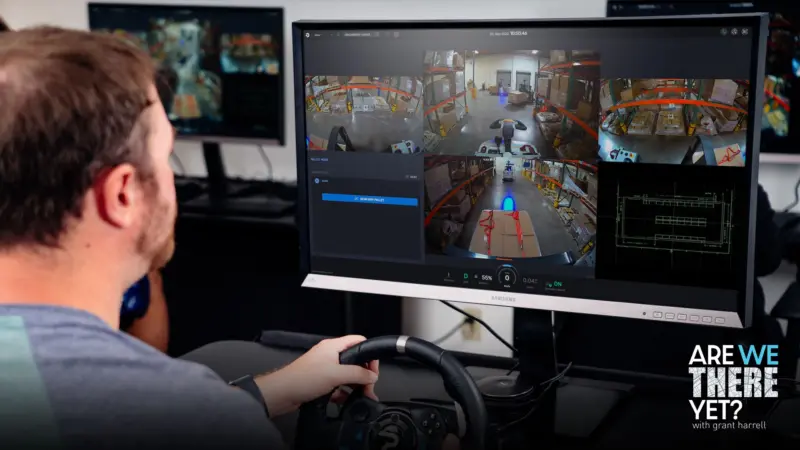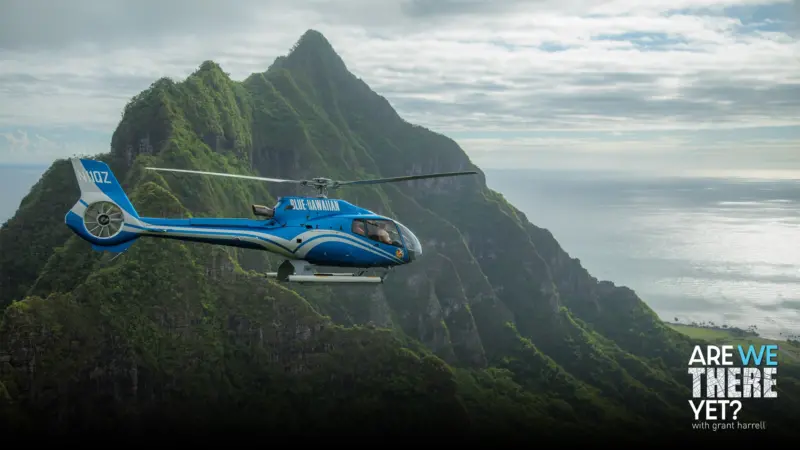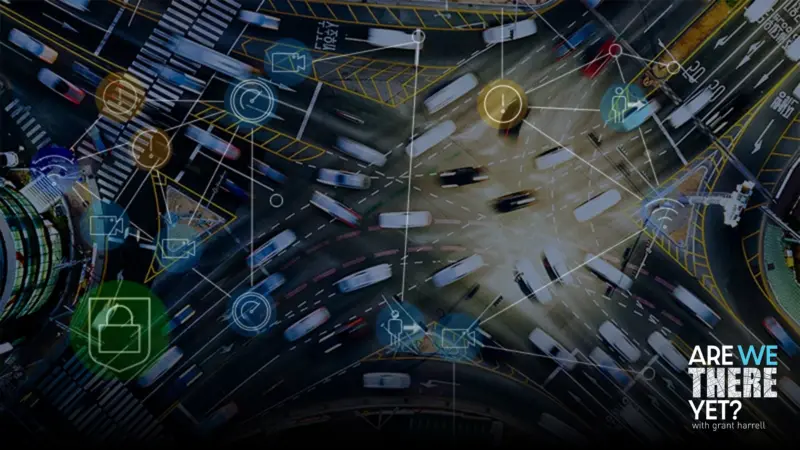Soaring Towards Sustainability with Blue Bird
Finding the cutting edge in transportation technology has always been the priority for Blue Bird. Founded in 1927, the company is a leading manufacturer of school buses and commercial trucks. To discuss their current iteration of alternative fuel vehicles, Blue Bird’s Britton Smith, SVP of Electrification and Chief Strategy Officer, and Albert Burleigh, Executive Director of EV Sales, conversed with Grant Harrell, host of Are We There Yet?
Blue Bird’s 95-year history of building school buses in the U.S. means that they have always had to be at the top of the industry. “…Blue Bird is really built on a history of innovation, and we are very much the leader in electric power trains but then also other, other sustainable or more sustainable power trains like propane and gasoline which we’ll talk about as well,” said Smith.
As electrification and alternative fuel sources take hold of the transportation industry, Smith noted, “…Blue Bird was the first one to market with an electric vehicle…”. Leading in innovation and public reputation, the company continues to innovate to stay ahead of the competition. “It’s been quite amazing the transformation I’ve seen since I joined Blue Bird back in 2007,” noted Burleigh, “we decided to start making and start offering some alternatives for our customers, so they had some other options besides diesel-powered engines.”
In 2008, Blue Bird introduced their first OEM propane-powered school bus, which became one of the best-selling products in their current line-up. In 2016, they introduced a gasoline-powered bus as an alternative affordable solution and followed this with an EV in 2018. “That’s when we introduced our current iteration of our electric school bus and have seen really phenomenal growth of that product over the last four years,” said Burleigh.
Sustainability is a key focus of the organization and is evident in its wide assortment of zero to low-emissions school buses ranging from electric to propane to natural gas. Smith noted that while transportation has made progressive movements toward EV and alternative fuel sources, it is not quite there yet for everyone.
There are certain areas which cannot handle EV sourcing, including longer, rural routes and areas which lack an EV infrastructure. “Our current iteration of the electric school bus…really handles about 90-95% of school bus routes out there. But there are some situations that…you may want a propane bus or a gasoline bus or some other fuel which is cleaner than diesel but, you know, provides you with a much, much longer range,” said Smith.




